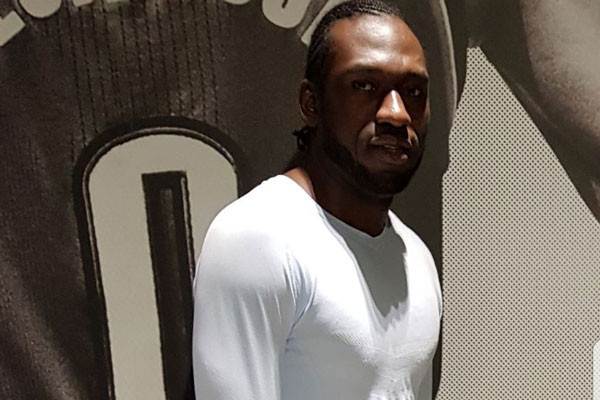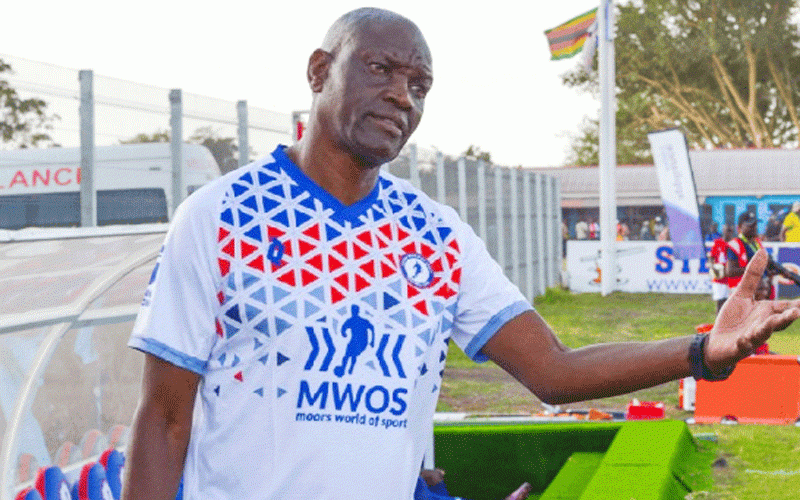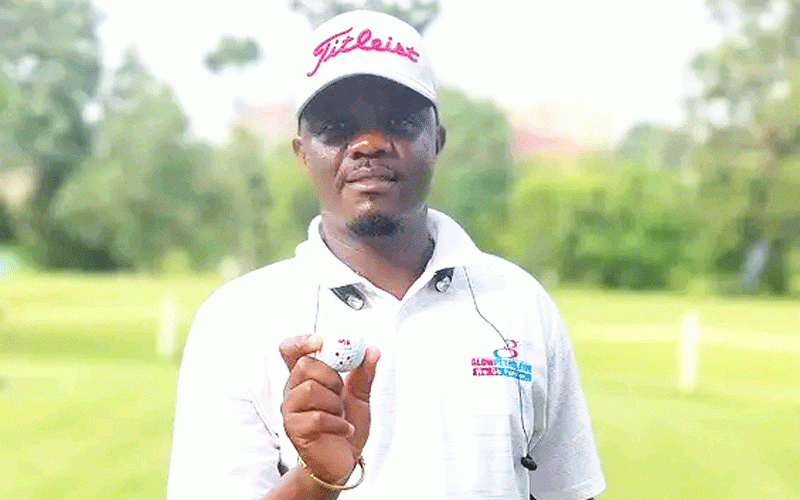
FOUR years after deciding to hang up his running spikes for good, England-based Olympic athlete Lloyd Zvasiya has embarked on an ambitious project to give back to local sport after recently launching the Zvasiya Fitness First Open College in the country.
BY SPORTS REPORTER

The 37-year-old former sprinter, who is now an international fitness instructor and a certified strength and conditioning coach, hopes to equip fitness enthusiasts, local athletes and coaches with the necessary skills to become qualified fitness instructors.
Zvasiya, brother of former Warriors, Kaizer Chiefs and Dynamos defender Lincoln Zvasiya, recently registered his Zvasiya Fitness First Open College with the National Federation of Zimbabwe Bodybuilding and Fitness.
“It’s an idea I came up with after working in the same industry for over 15 years. After years of being an athlete where I worked and travelled all over the world, I felt I needed to do something to give back to local sport and I believe this is one area Zimbabwean sport really needs to work on if we are to produce world-class sportspeople,” Zvasiya told The Sports Hub in an interview.
“I have been working on this project for almost two years, strategising and doing proper planning and research on how to run the whole project successfully. Other people prefer to open gyms and training centres, but I preferred to start with training the personal trainers, then sports conditioning,” he said.
Zvasiya, who in 2016 conducted fitness, strength and conditioning clinics in Zvishavane, has teamed up with Germany-based former rugby star-cum-fitness instructor Manasah Sita, among other specialists in the field, in running the project.
“We have assembled a great team to run the programme, all they need is proper guidance. I and former rugby player Manasah Sita, who is now a personal fitness trainer in Germany, will do practical assessments.
- Chamisa under fire over US$120K donation
- Mavhunga puts DeMbare into Chibuku quarterfinals
- Pension funds bet on Cabora Bassa oilfields
- Councils defy govt fire tender directive
Keep Reading
“There’s also my sister Memory Dube, who has a sports science degree from Nust, and national volleyball team coach Daniel Chidemana in the set-up. All our tutors are hand-picked for their extensive knowledge and experience in fitness education,” Zvasiya said.
The first Zvasiya Fitness First Open College intake commences on October 4 targeting coaches from different sporting disciplines, gym instructors, athletes, medics and physical education teachers.
“The first class will begin on the 4th of October. So every four weeks we will have a group of students who will come for theory classes, then easements afterwards. We will be using the Morris Depot Grounds in Harare as our venue. It will be an ongoing thing providing quality assessments on the trainers before certifying them,” he said.
He added: “After the initial programme, we will then have the Level 3 Certificate in Personal Training, which is an advanced qualification that will give people the skills and knowledge they need to work unsupervised as a personal trainer. This includes being able to provide one-to-one training, nutrition advice, progressive programming, and other client needs. Participants will need a Level 2 Certificate in Fitness Instructing (Gym-Based Exercise) to take this course.”
Zvasiya, who specialised in the 400m, represented Zimbabwe at the 2004 Olympics in Greece, the 2006 Commonwealth Games in Manchester and various editions of the All-Africa Games and the African Athletics Championships — winning several medals along the way.
The talented sprinter won national praise in 2004 at the African Athletics Championships in Brazzaville, Congo, when he got on the podium and sang the country’s national anthem after the organisers had played a wrong anthem.
Then he was part of the 4x100m relay team with Young Talkmore Nyongani, Themba Ncube and Lewis Banda.
Zvasiya, who lives in Birmingham, England, says he is saddened by the continued declining standards in local track and field as evidenced by the failure of local athletes to qualify for major events such as the IAAF World Championships and the Olympics.
“It’s very clear to everyone who loves athletics that the sport is going backwards. We don’t have any athletes competing on the European circuit anymore like what used to happen during our time, which is sad if you consider the amount of talent we have,” Zvasiya said.
He called on stakeholders in the sport to incorporate former athletes in key decision-making positions within the local governing body, the National Athletics Association of Zimbabwe.
“We have gone back to the early 90s where we used to have long- distance runners only competing in international events. The current National Athletics Association of Zimbabwe president, Tendai Tagara, needs support, but in the long term we also need former athletes in key leadership positions in the national association for things to change,” Zvasiya said.











